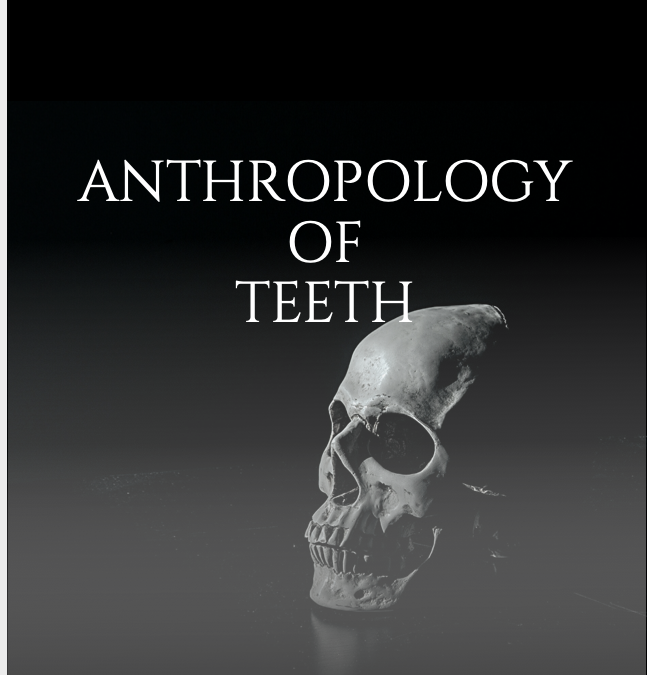National Smile Day: 5 Easy Ways to Take Care of Your Smile

Here’s a reason to smile… National Smile Day is May 31! National Smile Day was founded by two family dentists in Illinois to celebrate the power of a smile and draw attention to the importance of good dental health and hygiene. This is our kind of national celebration! At FDA, we love helping our patients achieve healthy and beautiful smiles. Here are 5 easy tips to take care of your smile on National Smile Day and every day!
1. Don’t rush the brush
Although it might seem like the most basic of dental tips, brushing at least twice a day is just the beginning. Brush your teeth for a minimum of 2-3 minutes each time in a gentle, circular motion with an ADA-approved toothpaste. Use a soft or extra-soft toothbrush and replace it every 3-4 months. Don’t hesitate to ask our caring team of hygienists to give you a refresher on brushing basics at your next appointment!
2. Floss like a boss
Flossing is just as important as brushing, as bacteria is most likely to form in between the teeth, which can lead to tooth decay. The ADA recommends flossing one time per day. If using traditional string floss is difficult for you to maneuver, try using a water flosser instead.
3. Rinse and repeat
After you’ve flossed and brushed, we recommend that you use an alcohol-free mouthwash to rinse away any remaining bacteria and plaque. Even if you don’t have mouthwash on hand, swishing with water is still better than nothing at all.
4. Take care of your teeth from the inside out
A diet rich in calcium, along with lots of fruits and vegetables, is good for your oral health! Eating foods that are full of essential vitamins and minerals can help to reduce inflammation and support healthy teeth and gums.
5. Schedule regular check ups with our team of compassionate dental professionals
As your partners in oral health, we want you to have the healthiest and best smile possible! Regular check ups with Dr. Brunacini and Dr. Karagiorgos are an important part of a good oral health care routine. If you have put off your routine check up due to concerns about COVID-19, or you are hesitant for any other reason, please get in touch, as we are here to help!
We hope these tips are helpful and we hope you have lots of reasons to smile this National Smile Day! If you have questions about your oral health or need to schedule your next appointment, give us a call at 207.781.5900.
*Image courtesy of www.emojipedia.org

